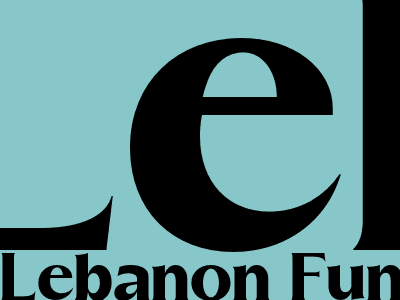Lebanon Funding: A Comprehensive Overview
Background
Lebanon has been facing an unprecedented economic crisis since 2019, characterized by hyperinflation, currency collapse, and a sharp contraction in GDP. The country's government has requested international financial assistance to address the crisis.
International Monetary Fund (IMF)
Negotiations and Conditions
Lebanon has been negotiating with the IMF for a loan of $3 billion. The IMF has imposed strict conditions on the loan, including fiscal reforms, structural adjustments, and anti-corruption measures.
The negotiations have been protracted and challenging, with Lebanon struggling to meet the IMF's demands. The IMF has demanded significant fiscal consolidation, including cuts to public spending and increases in taxes.
Challenges and Outlook
The IMF loan is crucial for Lebanon, but the conditions attached to it have raised concerns about their impact on the country's social and economic fabric. There is a risk that austerity measures could further impoverish the population and exacerbate the crisis.
World Bank
Development Projects
The World Bank has been providing Lebanon with financial assistance through development projects. These projects aim to address the country's long-term structural issues, such as improving infrastructure, promoting economic growth, and strengthening social services.
The World Bank has also been providing technical assistance to the Lebanese government in areas such as public finance management and economic reforms.
Challenges and Outlook
The World Bank's development projects are important for Lebanon's long-term recovery. However, the country's political and economic instability poses challenges to their implementation.
Other International Donors
Bilateral Assistance
Lebanon has received bilateral assistance from a number of countries, including France, the United States, and Saudi Arabia. This assistance has primarily focused on humanitarian aid, such as food and medical supplies.
Some countries have also provided financial support to the Lebanese government, but the amounts have been relatively modest compared to the IMF and World Bank loans.
Challenges and Outlook
Bilateral assistance is important for Lebanon, but it is not sufficient to address the country's financial needs. The government needs to secure a comprehensive funding package from the IMF and other international organizations.
Conclusion
Lebanon's financial crisis is a complex and multifaceted issue. The country's access to international funding is crucial for its recovery. However, the conditions attached to the loans are likely to pose significant challenges for the Lebanese government and people.

Comments